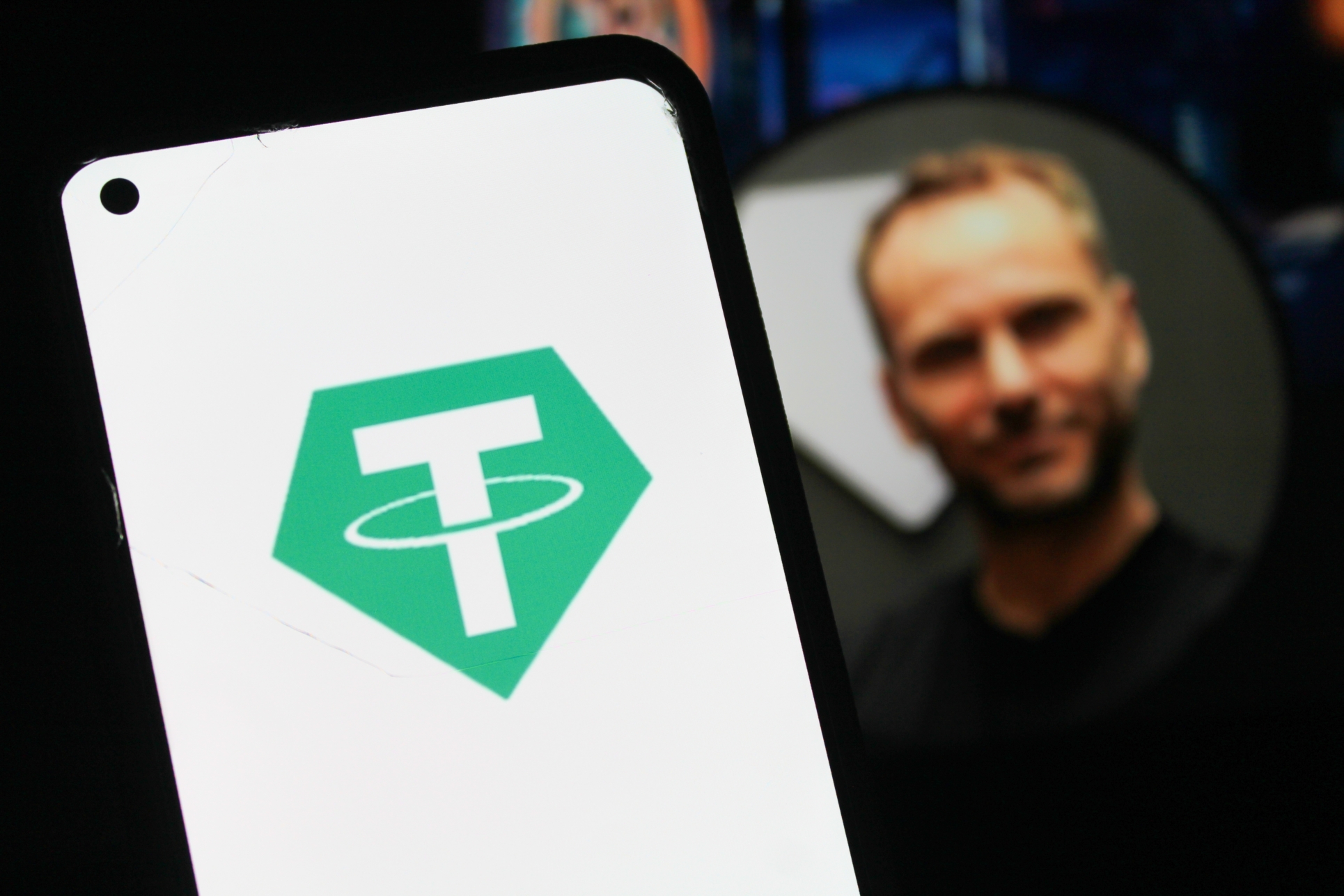The intersection of cryptocurrency and online gambling has become a hot topic, particularly within the gaming community. As platforms like Twitch face growing scrutiny over gambling content, the dialogue around the potential dangers and regulatory challenges of promoting such activities has intensified. Recent controversies involving high-profile Twitch streamers have illuminated the complexities surrounding cryptocurrency gambling, particularly its accessibility to young audiences. This scrutiny has prompted many to question the ethical implications of cryptocurrency use in this arena, especially as minors can easily access these platforms. As discussions evolve, bitcasino’s impact on crypto gambling cannot be overlooked, as it serves as a prime example of how these digital currencies are being integrated into the gaming industry. With its unique offerings and features, bitcasino has not only attracted seasoned gamblers but also piqued the interest of younger players, further complicating the ongoing debate surrounding gambling regulations.
Concerns Over Youth Exposure to Gambling
A significant aspect of the ongoing debate centers on the demographics of Twitch viewers. With an estimated 21% of the Twitch community being under 18 years old, concerns have arisen over the exposure of young audiences to gambling content. This issue is compounded by the fact that most countries enforce age restrictions preventing gambling for individuals under 18. Therefore, the presence of unregulated gambling advertisements on the platform raises questions about responsibility and the ethical implications of such promotions.
Regulatory Challenges in the Twitch Gambling Landscape
Twitch’s position on gambling content has become increasingly complicated as many of its top streamers utilize the platform to endorse various gambling sites, including cryptocurrency casinos. However, the nature of cryptocurrency—an often volatile and complex investment—adds another layer of concern. With the rapid changes in value and the lack of widespread understanding of these digital currencies, there are calls for stricter rules to ensure that viewers are not misled into risky financial behaviors. As Twitch grapples with these challenges, streamers face the dilemma of balancing their financial opportunities with ethical responsibilities to their audiences. This situation is further complicated by inconsistent regulations across different jurisdictions, making navigating bitcoin gambling laws a pressing issue for both content creators and the platform itself. Without clear guidelines, there is a risk that viewers might engage in reckless gambling practices, spurred on by the influencers they trust.
Twitch Streamers Raising Eyebrows
Notable incidents have surfaced that highlight potential breaches of guidelines. For instance, streamer Tyler Niknam, known as “Trainwrecks,” attracted attention when he streamed live gambling while allegedly using a VPN to access a platform that explicitly prohibits players from the United States. This situation exemplifies the risks of encouraging viewers to circumvent legal restrictions, especially given Trainwrecks’ considerable following of approximately 1.5 million viewers.
Similarly, another popular streamer, “mOE,” discovered that his disclosure practices fell short when he streamed gambling with “house money,” failing to clarify to viewers that his betting capital came from the casino. Such transparency issues provoke discussions about the responsibilities of influencers in shaping their audience’s understanding of gambling risks and the integrity of their promotions.
The Push for Regulatory Oversight
In light of these controversies, Twitch appears to be moving toward greater regulation of gambling-related content. The platform has begun restricting certain affiliate links associated with gambling, though enforcement remains a challenge. Each country has its gambling laws, and ensuring compliance across diverse regulations adds complexity for Twitch, which has a global user base.
The broader impact of this shift could signify a growing awareness around responsible gambling practices within the streaming community. As more scrutiny arises regarding advertising standards across social media, it is apparent that Twitch must take proactive steps to safeguard its audience from the potential negative consequences of promoting gambling.
Final Thoughts on Twitch and Gambling
As Twitch navigates this turbulent landscape, the ongoing dialogue about the ethics and regulations surrounding cryptocurrency gambling remains critical. The balance between ensuring a profitable business model for streamers and protecting vulnerable audiences will require careful consideration. Ultimately, the future of gambling on Twitch may hinge on the platform’s ability to refine its policies and foster a more responsible entertainment environment.



